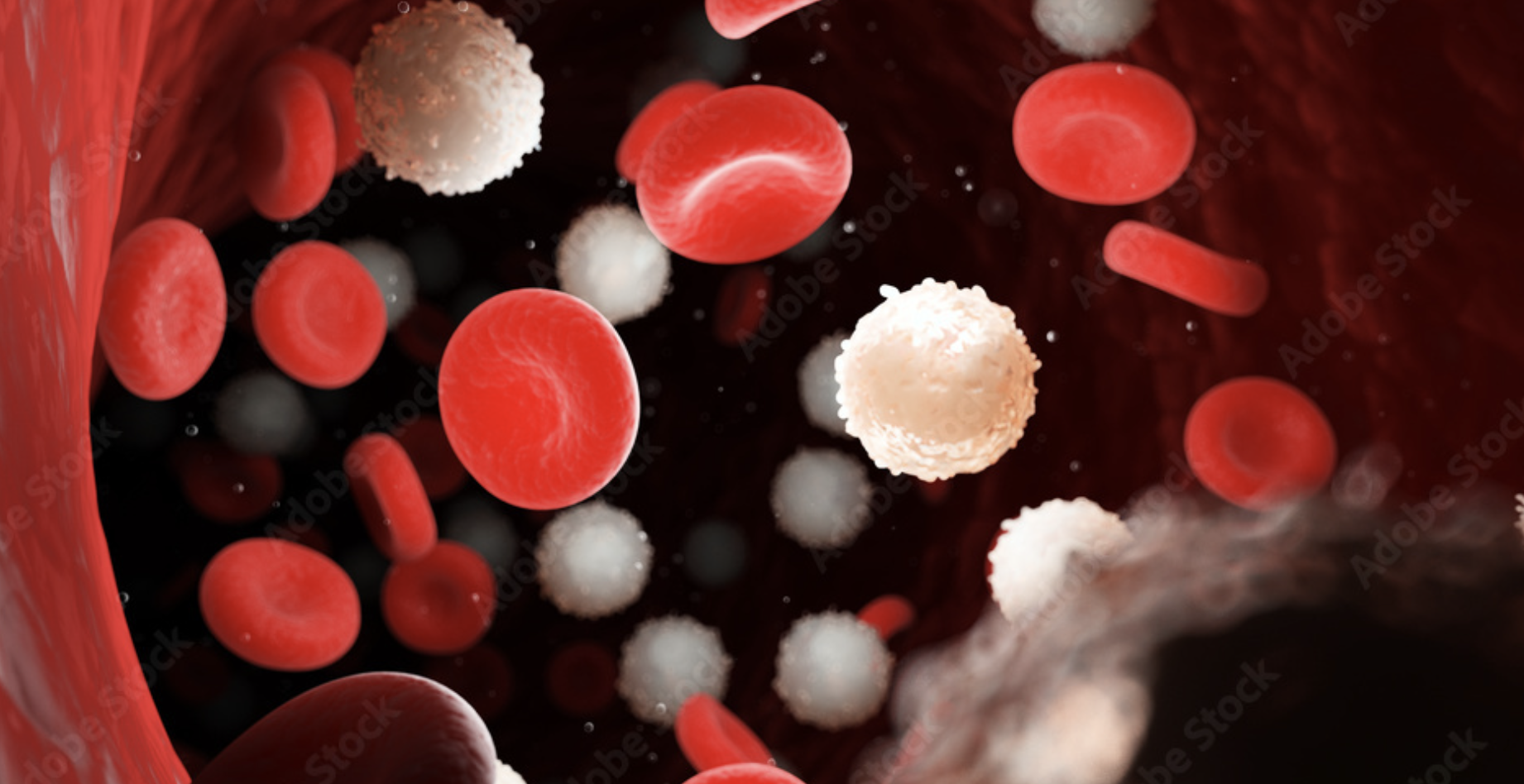BY: Kerri Fitzgerald
A phase 2 study found that cladribine, idarubicin, and cytarabine (CLIA) was “effective” in treating relapsed or refractory acute myeloid leukemia (AML). Hannah Goulart, MD, of the University of Texas MD Anderson Cancer Center, and colleagues published the findings in Cancer.
The single-center, single-arm study included 66 patients who received induction with intravenous cladribine (5 mg/m2), cytarabine (1,000 mg/m2), and idarubicin (10 mg/m2)
Among the 22 patients with FLT3-mutated disease, sorafenib 400 mg was also given twice daily.
The composite response rate was 33%. After a median follow-up of 61 months, the median overall survival (OS) was 7.9 months, with a median relapse-free survival (RFS) of 9.1 months for those in complete remission (CR) plus complete remission with incomplete hematologic recovery (CRi).
Patients also receiving sorafenib had a 41% CR/CRi rate, a median OS of 8.8 months, and a median RFS of 3.8 months.
Patients who went on to receive a transplant had better survival (median OS, 78 months) than those who did not (median OS, 8.8 months; P<.001).
Four- and eight-week mortality rates were 6% and 17%, respectively.
Most grade 3 or greater adverse events were infection and elevated liver function tests. The researchers indicated that CLIA had a similar safety profile as other “intensive regimens.”
Reference
Goulart H, Kantarjian H, Borthakur G, et al. Cladribine, idarubicin, and cytarabine (CLIA) for patients with relapsed and/or refractory acute myeloid leukemia: a single-center, single-arm, phase 2 trial. Cancer. 2025;131(8):e35840. doi:10.1002/cncr.35840







